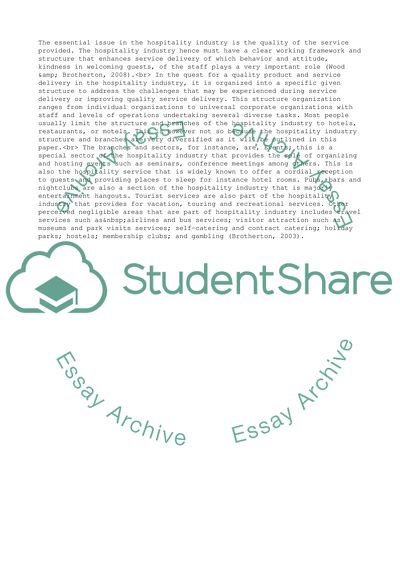Cite this document
(“The Contemporary Hospitality Industry in Managment Assignment - 1”, n.d.)
The Contemporary Hospitality Industry in Managment Assignment - 1. Retrieved from https://studentshare.org/management/1619233-the-contemporary-hospitality-managment
The Contemporary Hospitality Industry in Managment Assignment - 1. Retrieved from https://studentshare.org/management/1619233-the-contemporary-hospitality-managment
(The Contemporary Hospitality Industry in Managment Assignment - 1)
The Contemporary Hospitality Industry in Managment Assignment - 1. https://studentshare.org/management/1619233-the-contemporary-hospitality-managment.
The Contemporary Hospitality Industry in Managment Assignment - 1. https://studentshare.org/management/1619233-the-contemporary-hospitality-managment.
“The Contemporary Hospitality Industry in Managment Assignment - 1”, n.d. https://studentshare.org/management/1619233-the-contemporary-hospitality-managment.


